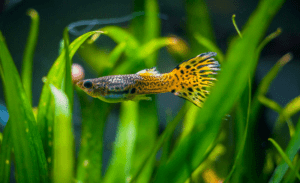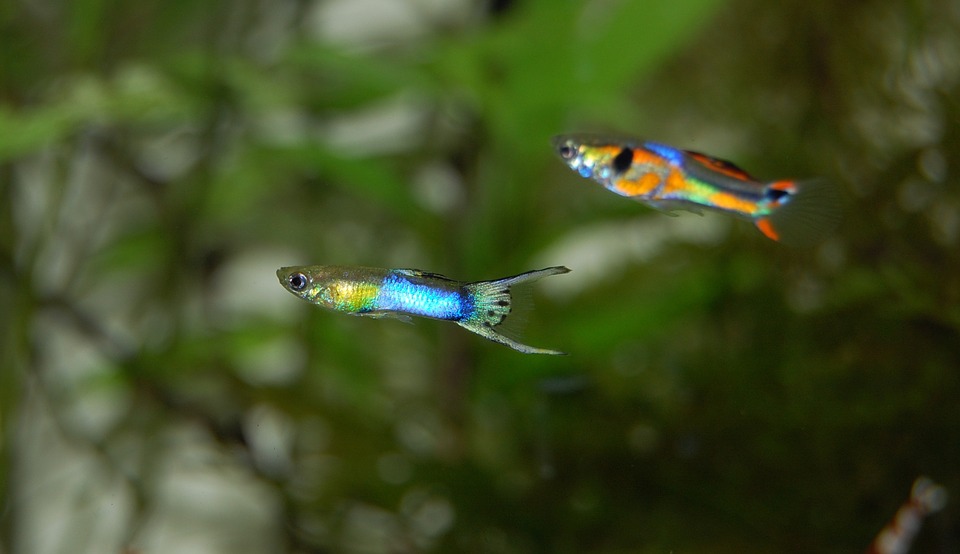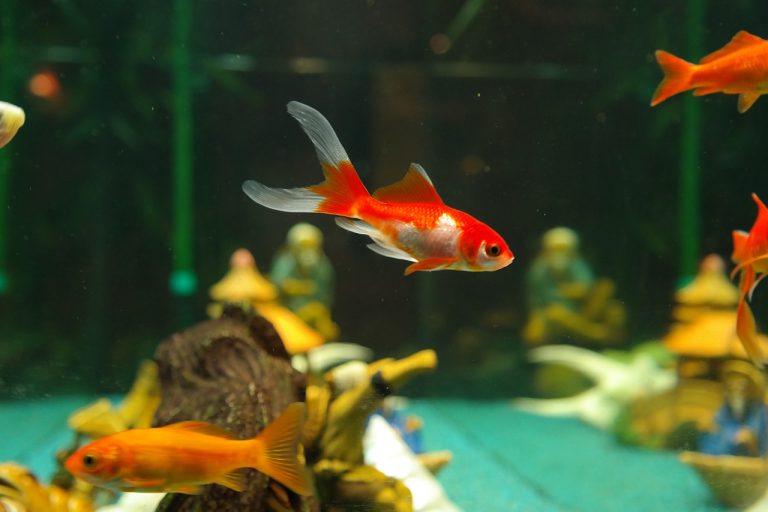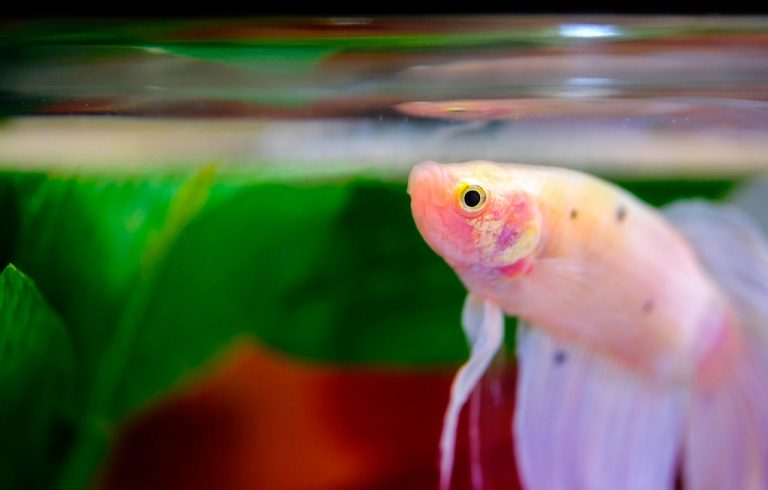Firstly there are many questions asked about taking care of Guppies as a result here are some of the Questions and Answers relating to Keeping guppy fish. Some images and products shown in this article are affiliate links, we may earn a small commission, we hope you find the information useful. The size of your tank is something that needs to be taken into consideration when you are buying any type of fish, and although guppies are small they breed very easily as a result, four guppies could become eight and then twelve, and so on. When buying a single guppy, many small tank owners opt for a male to rule out the possibility that the fish may be pregnant and carrying young already.
The size of your tank is something that needs to be taken into consideration when you are buying any type of fish, and although guppies are small they breed very easily as a result, four guppies could become eight and then twelve, and so on. When buying a single guppy, many small tank owners opt for a male to rule out the possibility that the fish may be pregnant and carrying young already.
Can I keep just one guppy?
As guppies are usually seen in groups, many new fish keepers wonder if they can keep one guppy on its own. Firstly It’s absolutely fine to keep one guppy alone, particularly if you own a very small fish tank which would cause cramped conditions if you were to keep several. The size of your tank is something that needs to be taken into consideration when you are buying any type of fish, and although guppies are small they breed very easily as a result, four guppies could become eight and then twelve, and so on. When buying a single guppy, many small tank owners opt for a male to rule out the possibility that the fish may be pregnant and carrying young already.
The size of your tank is something that needs to be taken into consideration when you are buying any type of fish, and although guppies are small they breed very easily as a result, four guppies could become eight and then twelve, and so on. When buying a single guppy, many small tank owners opt for a male to rule out the possibility that the fish may be pregnant and carrying young already.What will I need in the tank?
Firstly like most fish, guppies love having lots of gravel to poke around in and lots of places to hide – this is why plants and decor can come in handy. Secondly, before investing in plants and gravel though, you need to ask yourself whether there is enough room. It’s a bad idea to fill your tank with accessories if it’s just going to make it crowded. You also need to take cleaning into consideration, you’ll need to clean up the waste that gets trapped in between the bits of gravel in the tank, more often than you’d have to clean a tank with a bare base. Guppies tend to prefer sleeping near the bottom of the tank, and so it can come in handy to have no gravel at all so that it is more comfortable. If comfort is something that you deem to be a priority, but you don’t want the tank to look bare, then sand can be a great option as it is softer, looks good, and is easier to clean than gravel.Should I balance out the male-to-female ratio?
While guppies are a friendly species, males tend to harass females. They chase them around the tank and show off their colours in an attempt to impress the females and mates. Unfortunately, all this attention can make the female guppy fish ill as a result of stress. Therefore, it’s important to have more female guppies than males, so that attention is divided between females and to minimise harassment – the sea is a cruel world. A good ratio to live by is 2:1, so two females to each male. Male guppies are the most colourful of the two sexes, and so many aquarists only keep males, so that their tank looks lively, without the risk of harassment and stressed fish.Do I need a Water filter?
A filter is not compulsory as guppies don’t produce as much waste as other fish such as goldfish do. Nevertheless, many guppy owners swear by filters, saying that they help to maintain water quality and keep the guppies healthy. At Swell, we do recommend keeping a small filter in the tank. If you decide to keep your tank filter-free, it’s even more important to do regular water changes to avoid pollution.What do guppies eat?
Guppies can eat a wide range of fish foods, anything from Baby Brine Shrimp to Daphnia and various types of worms such as shredded earthworms, blood worms. Some people even like to feed their guppies egg yolk – for that added protein boost!How long do guppies live?
Guppies can live as long as four or five years if they’re looked after properly. However, it’s more common for them to live between just one and two years. If you want to maximise your guppies’ life span, you’ll need to maintain excellent water quality, make sure the water is cool and feed them a nutritious and varied diet. In conclusion, I hope you found this article about taking care of guppies useful for keeping guppy fish in your aquarium.Guppy Care Book
No products found.
I hope you found this article “Taking Care of Guppies” useful if you would like to leave a comment about your experiences keeping guppy fish please do so below.



